While a will is one of the most important estate planning documents you can have, there are things that it won’t cover. A will is just one part of a comprehensive estate plan.
A will is a legally-binding statement directing who will receive your property at your death. It is also the way you appoint a legal representative to carry out your bequests and that you name a guardian for your minor children. Without a will, your estate is distributed according to state law, rather than your wishes. Property distributed via a will goes through probate, which is the formal process through which a court validates a will (which means verifying that the will is legal) and confirms the deceased person’s intentions are carried out; or the court determines how to distribute your property, in the case of intestacy.
Although a will is one main way to transfer property on death, it does not cover all property. The following are examples of property you can’t distribute through a will:
- Jointly held property. Property that is co-owned, with rights of survivorship, with another person is not distributed through your will. Joint tenants each have an equal ownership interest in the property. If one joint tenant dies, his or her interest immediately ceases to exist and the other joint tenant owns the entire property.
- Property in trust. If you place property into a trust, the property passes to the beneficiaries of the trust, not according to your will.
- Pay on death accounts. With a pay on death account, the account owner names a beneficiary (or beneficiaries) to whom the account assets pass to automatically when the owner dies.
- Life insurance. Life insurance passes to the beneficiary (or beneficiaries) you name in the life insurance policy, typically on a beneficiary designation form, and isn’t affected by your will.
- Retirement plan. Similar to life insurance, money in a retirement account (e.g., an IRA or 401(k)) passes to the named beneficiary. Under federal law, a surviving spouse is usually the automatic beneficiary of a 401(k), although there are some exceptions. With an IRA, you can name your preferred beneficiary.
- Investments in transfer on death accounts. Some stocks and bonds are held in accounts that transfer on death to a named beneficiary. These accounts will bypass probate and go directly to the beneficiary.
In addition to not being able to transfer certain types of property with a will, there are other things that you should be wary of using a basic will for. The following are examples of items that may not be best included in a will:
- Funeral instructions. Wills are often not found until days or weeks after death. In many cases, the decedent is buried or cremated prior to the will being read. It is better to include these instructions in a medical directive or to leave a separate letter of instruction that is located in an easily accessible location.
- A provision for a child with special needs. If you are leaving money to a child with special needs, a will may not the best instrument. Receiving an inheritance directly can make the child ineligible for benefits. It is usually better to set up a special needs trust to provide for the child.
- A provision for a pet. You cannot leave money directly to a pet in a will. You can name a caregiver for a pet and provide money to them to care for the pet, but the caregiver is not legally obligated to use the money on the pet. A pet trust is the most secure way to provide for a pet.
- Certain conditions on gifts. You may be tempted to make gifts conditional on the recipient’s behavior or actions. However, there are certain conditions that are not allowed. The condition cannot be illegal, and the gift cannot be contingent on the marriage, divorce, or change of religion of the heir.
A will is not the only component of an estate plan. To make sure your estate plan covers all your needs, give Jayde Law a call and we will help guide you through the estate planning process.


